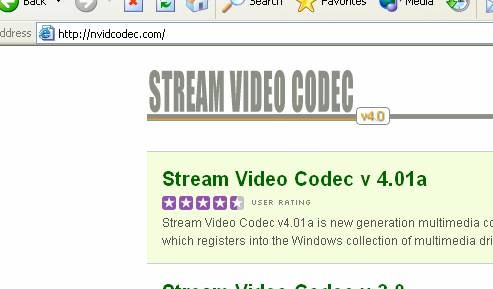How to enable and use the secondary logon service
Many PC users log onto their systems with administrative accounts all the time, because they need to be able to run certain programs or perform tasks that require administrative privileges and don’t want to have to log off and log back on with an admin account to do so. But running as an administrator puts your system at risk. You might not realize that Windows XP has a feature called secondary logon that allows you to run a program using an admin account when you’re logged on with an account with lesser privileges. Here’s how to enable the service and use it with a shortcut.
- To enable secondary logon, you must first log on as an administrator. Then right click My Computer and select Manage.
- In the Computer Management console, expand Services and Applications and select Services.
- In the right pane, right click Secondary Logon and select Properties.
- In the Properties dialog box, select Automatic for Startup Type and then click Start.
- Click OK and close the Computer Management console.
- To use secondary logon with a program shortcut, first locate the shortcut in the Programs menu, then press the SHIFT key while right clicking the shortcut and select Run as.
- In the Run as dialog box, click the following user option, then enter the user name and password for the admin account you want to use to run the program and click OK.
Can’t view source code on web pages
If you find yourself unable to “View source” to see the source code of a web page in Internet Explorer, one fix is to delete the temporary Internet files, but that may not work for everyone.
A full cache is the most common reason for a sudden inability to view the source, but there are other things that can cause this. If you have somehow deleted Notepad.exe, you will no longer be able to view the source since IE uses Notepad to view the text files that make up the source code. In Windows Explorer, check the WINDOWS folder to see if the Notepad.exe application file is there (you may have to change your folder view settings to allow you to view the files in this folder). Normally XP won’t let you delete system files like Notepad.exe but it’s possible that it has been corrupted. Try copying Notepad.exe from another XP computer into your WINDOWS directory. It can also happen if your cookies folder is on an NTFS partition and you don’t have the proper permissions (Change) to the folder. It could also be that you just got impatient; you may not be able to view the source if the page hasn’t downloaded completely. It’s also possible for an administrator to restrict you from viewing source code by editing the registry.
New Window displays blank white page
When you open a new window in Internet Explorer 6, do you get a blank white page instead of the web site you were expecting? You might also get an error message (Error 49) if you try to do a search on the page with the Find command. This is caused by IE DLL files that aren’t registered correctly. Luckily, it’s fairly easy to register these files using the command line utility regsvr32. For instructions on how to do so, see KB article 902932.
The connection between your XP computer and Windows Mobile 5 device is lost
You connect your Windows Mobile 5 smart phone or handheld computer to your Windows XP desktop computer via USB to synchronize files or install software on the mobile device, but you may find that your connection is being intermittently lost, which can cause all manner of problems if it happens during a download or synchronization process. This happens when the XP computer has service pack 1 installed and has an EHCI USB 2.0 host controller attached. The good news is that there’s a hotfix (USB 1.1 and 2.0 update) that should resolve the problem. For more info and a link to get the fix, see KB article 902270.
Windows validation check won’t complete
The Windows Genuine Advantage (WGA) program requires that your system be checked to ensure it’s running a legal copy of Windows XP or 2000 before you can download some software from the Microsoft web site. However, you may try to validate your copy of Windows only to have the system hang and never complete the validation process. This may happen because you’ve blocked ActiveX controls from running on the computer for security reasons. WGA needs to be able to run ActiveX. For instructions on how to reenable ActiveX in Internet Explorer, see KB article 905226.
Deb Shinder



